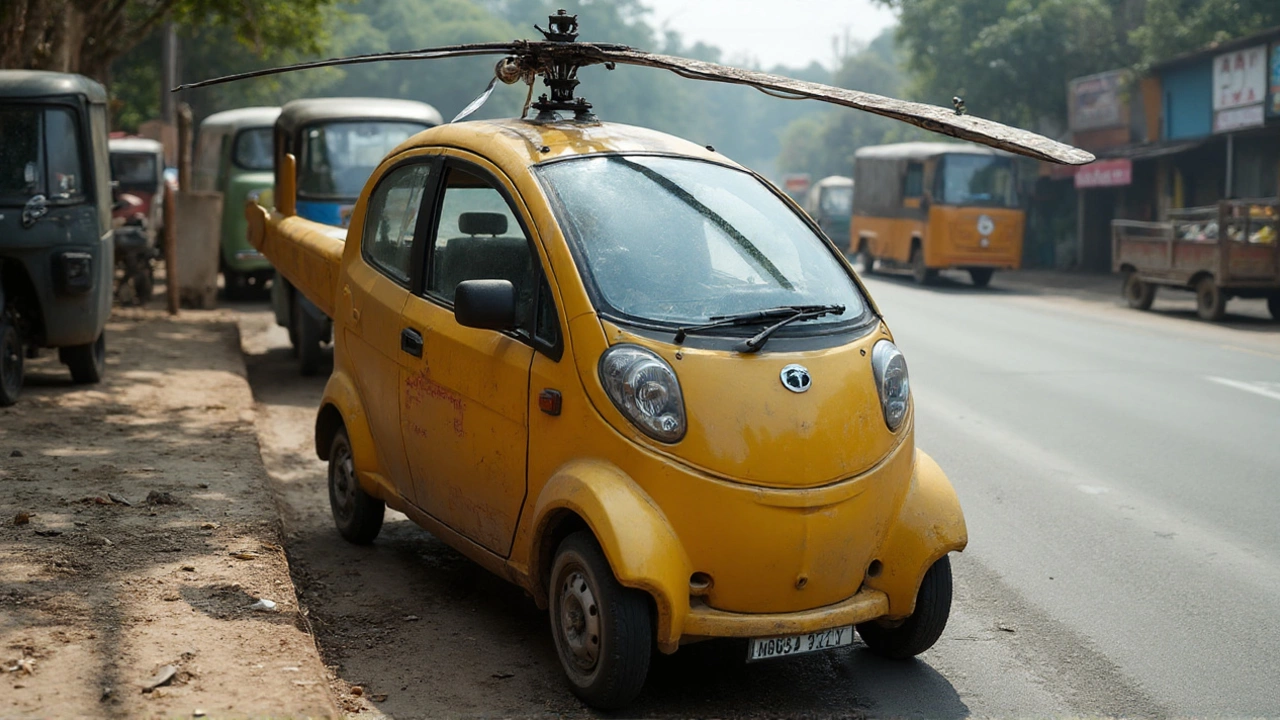Bihar Jugaad: Everyday Hacks That Keep the State Moving
When you hear the word ‘jugaad’, you think of quick fixes that work with what’s on hand. In Bihar, this mindset isn’t just a buzzword – it’s a way of life. From farmers turning old tractors into water pumps to street vendors using cheap tarps as rain shelters, people constantly find clever ways to make things work.
Why Jugaad Matters in Bihar
Economic pressure, unpredictable weather, and limited infrastructure push residents to improvise. Instead of waiting for big projects, locals use whatever they have to solve problems. This attitude saves money, creates jobs, and often leads to innovations that spread beyond the state.
Take the recent monsoon season as an example. Heavy rains hit Bihar, Uttar Pradesh, and Rajasthan, causing floods in many districts. While the government issued alerts, many villages built temporary barriers from sandbags, plastic sheets, and old tires. These low‑cost barriers slowed water, protected crops, and gave families time to evacuate safely.
Real‑World Jugaad Stories
One farmer in Patna turned a discarded diesel engine into a low‑cost irrigation system. He attached a simple pump to the engine and used a makeshift pipe network to water his fields. The setup cost less than a fraction of a commercial system and runs on fuel he already has.
In Muzaffarpur, a group of students created a solar‑powered phone charger using old solar garden lights. They soldered the panels together, added a USB port, and now sell the chargers at the local market. Their small venture not only earns money but also helps neighbors stay connected during power cuts.
Street food vendors in Gaya face the challenge of keeping food hot during rainy evenings. Instead of buying expensive heaters, they line their stalls with aluminum foil, use charcoal pits, and cover the cookware with oil‑treated cloth. The result is warm food, happy customers, and lower expenses.
Even in big cities, Bihar’s jugaad spirit shows up. A startup in Bhagalpur repurposes old second‑hand bikes into delivery scooters, fitting them with electric converters. The bikes are cheaper than new e‑scooters and still meet the city’s delivery demands.
These examples illustrate a pattern: people see a need, sketch a solution with whatever’s nearby, test it, and share it. The knowledge spreads through word of mouth, local WhatsApp groups, and community meetings. That’s why Bihar’s jugaad culture keeps evolving.
If you’re looking to tap into this mindset, start by asking what resources you already have. Do you have old metal, plastic, or electronic parts? Can you combine them with basic tools? Often the answer is yes, and the result is a fix that works for months, sometimes years.Governments and NGOs are beginning to notice. Some programs now fund small‑scale innovation contests, giving winners a modest grant to scale their ideas. This support can turn a backyard hack into a business that reaches other states.
In short, Bihar’s jugaad is more than just a shortcut – it’s a resilient, community‑driven engine of change. Whether you’re a farmer, student, vendor, or entrepreneur, there’s a lesson in each story: use what’s around you, test quickly, and keep improving. The next great idea could be right in your garage or on a village road.
